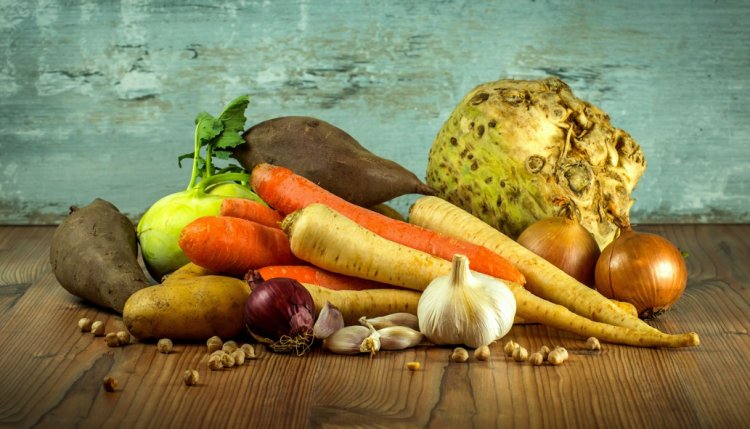The Ultimate Guide to Prebiotics and Probiotics: Boost Your Gut Health Naturally
Discover the benefits of prebiotics and probiotics for digestive health, immunity, and mental well-being. Learn about their sources, supplements, potential side effects, and how to incorporate them into your diet for a healthier gut and overall well-being.

Understanding Prebiotics and Probiotics: A Comprehensive Guide
In recent years, there has been growing interest in the role of prebiotics and probiotics in promoting gut health and overall well-being. These two types of supplements are often touted for their beneficial effects on digestion, immunity, and even mental health. But what exactly are prebiotics and probiotics, and how do they work? In this guide, we'll explore everything you need to know about these gut-friendly compounds.
What Are Prebiotics and Probiotics?
Prebiotics are non-digestible fibers that serve as food for the beneficial bacteria in your gut. They help these bacteria thrive and multiply, which in turn promotes a healthy balance of microorganisms in the digestive tract. Probiotics, on the other hand, are live bacteria and yeasts that are beneficial for your health, especially your digestive system.

The Benefits of Prebiotics and Probiotics
- Improved Digestive Health: Prebiotics and probiotics can help alleviate symptoms of digestive disorders such as irritable bowel syndrome (IBS), constipation, and diarrhea.
- Enhanced Immunity: A healthy gut microbiome supported by prebiotics and probiotics can strengthen the immune system and help the body fight off infections and diseases.
- Mental Well-being: Emerging research suggests that the gut-brain connection plays a role in mental health, and prebiotics and probiotics may help improve mood and reduce symptoms of anxiety and depression.
Food Sources of Prebiotics and Probiotics

- Prebiotic Foods: Garlic, onions, leeks, asparagus, bananas, apples, oats, and flaxseeds are rich sources of prebiotic fibers.
- Probiotic Foods: Yogurt, kefir, sauerkraut, kimchi, miso, tempeh, kombucha, and pickles contain live probiotic cultures.
Choosing the Right Supplements
When selecting prebiotic and probiotic supplements, it's essential to choose high-quality products from reputable brands. Look for supplements that contain a variety of strains and adequate colony-forming units (CFUs) to ensure efficacy.
Potential Side Effects and Considerations
While prebiotics and probiotics are generally safe for most people, some individuals may experience mild digestive discomfort such as gas and bloating when first introducing these supplements. It's also essential to consult with a healthcare professional before starting any new supplement regimen, especially if you have underlying health conditions or are pregnant or breastfeeding.
Conclusion
Prebiotics and probiotics offer promising benefits for digestive health, immunity, and overall well-being. By incorporating prebiotic-rich foods like garlic and apples and probiotic foods like yogurt and sauerkraut into your diet or taking supplements, you can support a healthy gut microbiome and enjoy better health from the inside out.
Recommended Readings:
- The Gut-Brain Connection: How Your Gut Health Affects Your Mood
- Unlocking the Power of Fermented Foods for Digestive Health
- Tips for Maintaining a Healthy Gut Microbiome
What's Your Reaction?





















